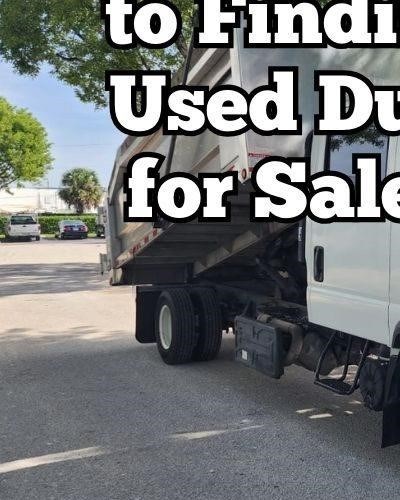
I’ve always loved the thrill of the hunt, the satisfaction of finding a unique treasure for a fraction of its original price. This passion led me down the rabbit hole of «dump shops»—a term I use broadly to encompass the diverse world of secondhand shopping. Over the years, I’ve scoured countless thrift stores, secondhand shops, and used goods stores, learning to distinguish the reliable sources from the less-than-stellar ones. This is my personal guide, born from experience, to help you navigate this exciting, and sometimes unpredictable, landscape.
Types of Dump Shops and My Experiences
My journey began with local consignment shops. I found that these often offered higher-quality quality used goods, as they carefully vet the items they accept. I once scored a stunning vintage leather jacket at a consignment shop for a steal – a true treasure hunting success! However, prices can sometimes be higher than at other types of dump shops.
Discount stores and bargain stores are another staple in my affordable shopping routine. While the quality can be inconsistent, I’ve learned to carefully inspect items before purchasing. I learned this lesson the hard way when I bought a seemingly perfect lamp at a clearance sale only to discover a faulty wire later. But, I also found some amazing deals on kitchenware and home decor at these types of stores.
I’ve also explored the world of recycling centers and donation centers. While not always focused on resale, I’ve found some surprisingly usable items, particularly furniture, appliances, and building materials that are great for repurposed goods projects. However, you need to be prepared for more work – cleaning and possibly repairing – to get the items in good condition.
Then there’s the adventure of estate sales, liquidation sales, and flea markets. These are where the real bargain hunting happens! I remember finding a complete set of antique china at an estate sale for a song. It was a true finding deals experience. However, be prepared for crowds and some digging to uncover the gems. Jumble sales and car boot sales in the UK offer a similar thrill, often with more unpredictable finds.
Finally, I’ve had success with online pre-owned stores, allowing for sustainable shopping from the comfort of my home. Reading reviews is crucial here to identify reputable sellers and trusted vendors.
Identifying Reliable Sources: My Tips
- Check Reviews: Before visiting a physical store or buying online, I always check online reviews. This helps me gauge the quality of merchandise and customer service.
- Inspect Thoroughly: Always examine items carefully for damage or defects before purchasing, especially at flea markets or jumble sales where returns might not be possible.
- Negotiate: Don’t be afraid to negotiate, especially at estate sales, liquidation sales, and flea markets. A little friendly haggling can often lead to significant savings.
- Know Your Limits: It’s easy to get caught up in the excitement of treasure hunting, but set a budget and stick to it. Budget shopping and value shopping require discipline!
- Prioritize Reputable Sellers: When shopping online, stick to established platforms with buyer protection programs and good seller ratings. This ensures a smoother transaction and greater peace of mind.
Finding reliable dump shops is a journey of discovery. It requires patience, persistence, and a keen eye for a good deal. But the rewards—the unique finds, the affordable prices, and the thrill of the hunt—make it all worthwhile. By following these tips and embracing the adventure, you too can transform your budget shopping into a rewarding and sustainable lifestyle. Happy hunting!
